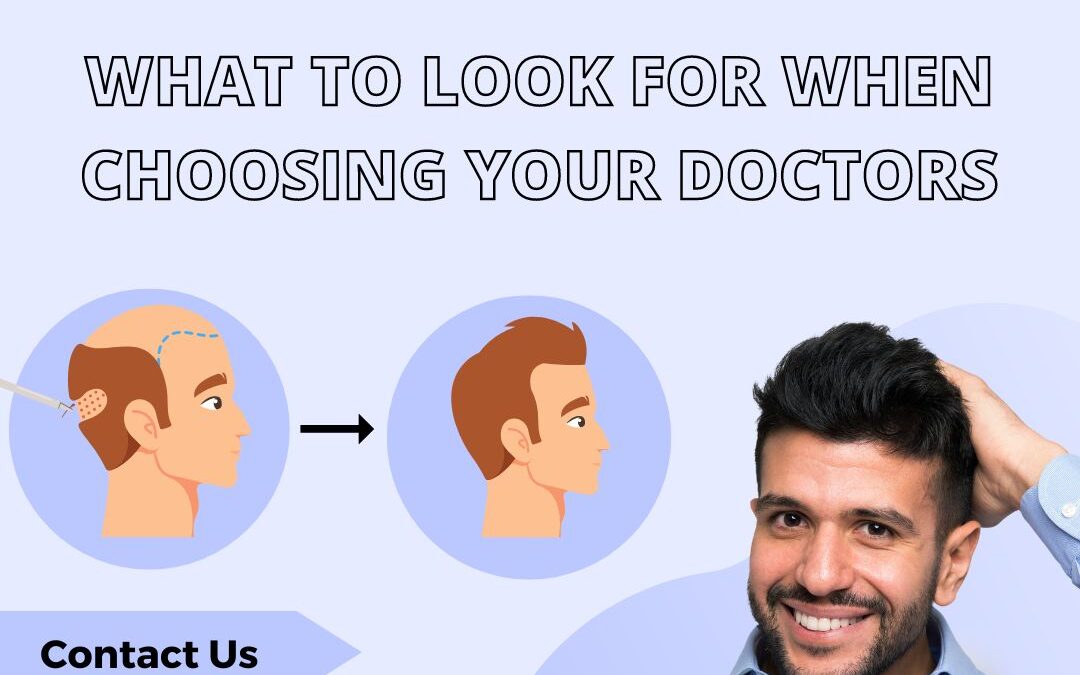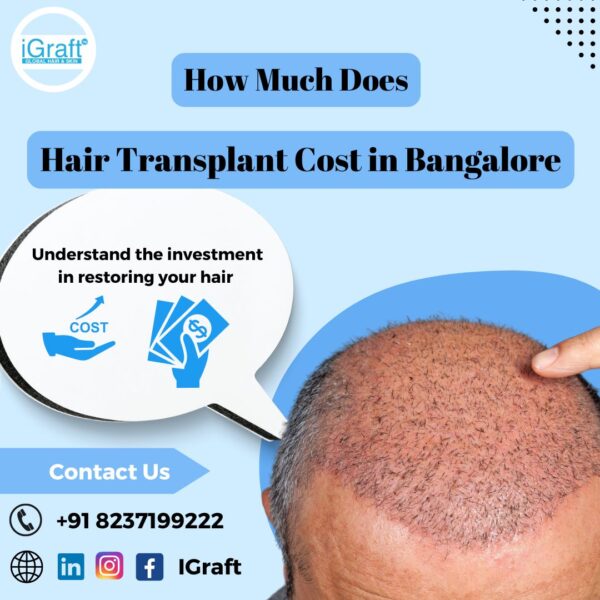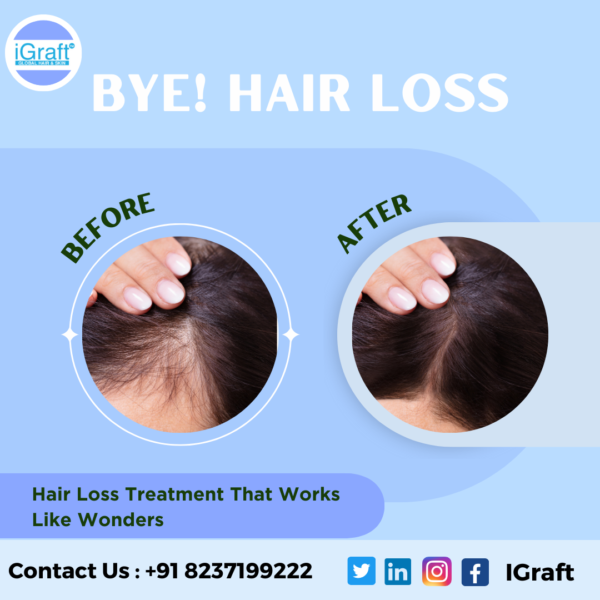Key Causes of Thinning Hair and How to Treat It
The main reasons for hair thinning and how to remedy it
Hair loss can be caused by several factors, including illness, poor nutrition, hormonal imbalances, and major stress. If you have thinning hair or baldness, you need to get to the root of the problem to determine the best treatment. Medically Reviewed Hair loss, whether baldness or significantly thinning hair, can occur for a variety of causes. Sometimes hair loss is a side effect of a health condition that has to be addressed, and it will go away after the health problem is appropriately handled. Hair loss caused by a disorder affecting the hair itself, such as alopecia, can be permanent.
Hair Loss from Thyroid Problems
Because either illness produces a hormonal imbalance, either an underactive thyroid, also known as hypothyroidism or an overactive thyroid, also known as hyperthyroidism, can result in hair loss. Hormones serve to control practically every bodily function, including hair growth. Getting the appropriate medication for either of these thyroid problems will bring hormones under control, stop hair loss, and allow your hair to begin growing again.
Thinning Hair Following Pregnancy
Other hormonal imbalances, particularly the rapidly shifting hormones that occur during pregnancy and childbirth, can also cause hair loss. Because it takes time for hormone levels to return to normal after pregnancy, it’s not uncommon for post-partum moms to notice thinning hair or even patches of baldness. This often occurs three months after the child is delivered “A high-fever illness, a fungal skin infection, and bacterial diseases such as syphilis can all cause balding or thinning hair. Try not to overreact; your hair follicles will recover alongside the remainder of your body. Hair loss is merely temporary; your hair will regrow
Hair Loss Due to Medications
Other hormonal imbalances, notably the astonishingly shifting hormones that occur during pregnancy and childbirth, can also cause baldness. It takes time for chemical levels to return to normal after pregnancy, so it’s not uncommon for post-pregnancy mothers to notice thinning hair or even patches of hairlessness. This is most common about 90 days following the child’s birth. Simply relax — as the rest of your body heals, your hair follicles will as well. Going bald is not permanent; your hair will grow back.
Different Types of Alopecia
Alopecia is the medical term for baldness, and there are two types: alopecia areata and androgenic (androgenetic) alopecia. Alopecia can cause baldness throughout the body or simply on the scalp. It can cause hair loss, patches of baldness, partial hairlessness, or full sparseness, and it can be permanent or temporary. There are several factors, including inherited characteristics. Consult your primary care physician about your treatment options.
Physical Trauma: A Shock to Hair Follicles
When your body is subjected to extreme physical stress, the usual cycle of hair development and resting can be disturbed, resulting in hair loss, most commonly in the form of thinning hair — strands may fall out in clumps. Any stress to the system, such as being in a serious accident, having surgery, suffering burns, or getting severely unwell, can also shock the hair follicles, resulting in up to 75% of your hair falling out months later.
Emotional Stress and Your Hair
Significant emotional stress can disrupt the natural cycle of hair development when you’re coping with a life-altering event, such as a divorce or break-up, bankruptcy or other financial issues, the loss of a house, or the death of a loved one. Significant emotional pressures can cause temporary hair loss, but normal hair growth is normally restored as the stress is relieved.
Deficiencies in Diet: Your Hair Is What You Eat
The vital vitamins and minerals, such as protein, obtained from a nutritious, diverse, and well-balanced diet promote excellent health throughout your body, ensuring that all of your organs and internal systems S-function properly. Poor nutrition or adhering to an extremely restrictive crash or fad diet can result in a variety of nutritional deficiencies, which can result in hair loss ranging from thinning hair to patches of baldness.
Extreme Hair Care
In an endeavor to get a fashionable hairstyle, you may cause substantial damage and break strands, which may result in hair loss and thinning hair. Shampooing or blow-drying too frequently, using heated styling products too frequently, tugging on hair — whether from blow-drying or arranging it in an overly tight ponytail, for example — or touching the scalp too forcefully can all lead to hair loss.
Infections That Cause Hair Loss
Going bald can be caused by a variety of illnesses and disorders. A high-fever illness, infectious skin contamination, and bacterial illnesses such as syphilis can all induce baldness or hair loss. The primary ailment can be addressed in order to re-establish hair production and prevent additional baldness. As an example, As a result, your first move should be to seek medical assistance for the core health issue.
Autoimmune Diseases That Affect Hair
Because alopecia areata is frequently connected with an autoimmune illness, several kinds of hair loss are assumed to be caused by, or at least related to, one of these medical diseases. Both diabetes and lupus are autoimmune disorders that can cause hair loss. This form of hair loss is not always reversible; in some cases, it is permanent. Medication and hair restoration surgery, on the other hand, may help compensate for any hair loss.








